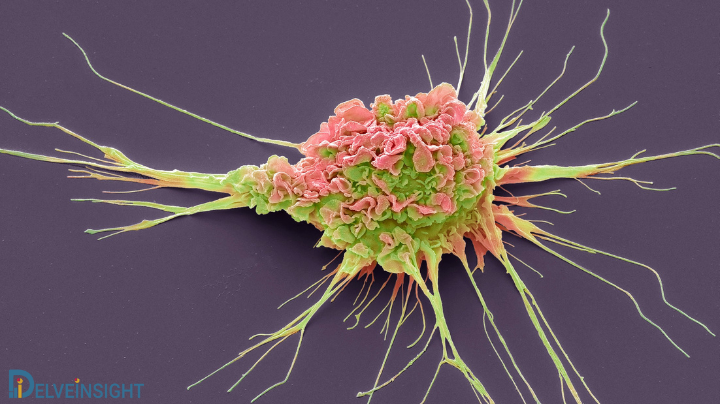Exosome-based therapies represent a cutting-edge approach to personalized medicine, leveraging the natural communication pathways of cells to deliver targeted treatments. Exosomes, tiny extracellular vesicles produced by cells, are increasingly recognized for their ability to transport therapeutic molecules, making them highly valuable in treating complex diseases. As the exosome market expands, multiple therapies are being developed for conditions like atopic dermatitis, Duchenne muscular dystrophy, and ulcerative colitis, marking an exciting frontier in medical science.
5 Promising Exosome Therapies in the Pipeline
1. Exosome Therapy for Atopic Dermatitis
Researchers are exploring exosome-based treatments for atopic dermatitis by delivering anti-inflammatory molecules directly to affected skin cells. These therapies could reduce inflammation and improve skin barrier function, offering an alternative to topical steroids and JAK inhibitors.
2. Duchenne Muscular Dystrophy (DMD)
Duchenne muscular dystrophy, a severe genetic disorder causing muscle degeneration, is another focus of exosome-based therapies. Exosomes loaded with therapeutic RNA are being designed to target and repair defective genes, potentially slowing down the progression of DMD.
3. Ulcerative Colitis (UC)
Exosome drugs are being tested for inflammatory bowel diseases like ulcerative colitis. By delivering anti-inflammatory compounds or JAK inhibitors directly to the intestinal cells, these therapies could help modulate the immune response more effectively and reduce flare-ups, addressing unmet needs in UC management.
4. Oncology Applications
Exosome-based therapies are also making strides in oncology. Exosomes can be engineered to carry cancer-fighting drugs to tumor cells, minimizing damage to healthy tissues and reducing side effects. Such targeted delivery systems may improve patient outcomes in cancers that are resistant to traditional therapies.
5. Neurological Disorders
Research on exosomes is expanding into neurological disorders, with therapies aimed at delivering neuroprotective agents to brain cells. This approach could revolutionize the treatment of neurodegenerative conditions like Parkinson's and Alzheimer’s diseases, where traditional drug delivery methods face challenges crossing the blood-brain barrier.
What Lies Ahead for Exosome-based Therapies?
With ongoing advancements, exosome-based therapies are poised to transform personalized medicine by offering targeted, minimally invasive treatment options. However, challenges such as regulatory approval, large-scale production, and delivery optimization remain. As the exosome market grows and new clinical trials emerge, these therapies could reshape the landscape for diseases like atopic dermatitis, Duchenne muscular dystrophy, and ulcerative colitis, offering new hope for patients worldwide.
Latest Report Offered By DelveInsigh:
Chronic Wounds Market | Congenital Adrenal Hyperplasia Market | Cytokine Release Syndrome Market | Granulomatosis With Polyangiitis Market | Iga Nephropathy Market | Von Willebrand Disease Market | Eosinophilic Esophagitis Market | B-cell Non-hodgkin Lymphoma Market | Alcohol Use Disorder Market | Seborrhea Market | Choroideremia Market | Mrna Based Vaccines And Therapeutics Market | Benefits Of Robotics In Healthcare | Lewy Body Dementia | Energy Based Aesthetic Devices Market | Ependymoma Market | Fertility Monitoring Devices Market | Germ Cell Tumor Market | Hernia Repair Devices Market | Hot Flashes Market | Implantable Cardioverter Defibrillators Market | Keloid Market | Orthopedic Power Devices Market | Pouchitis Market | Surgical Sealant Market | Transthyretin Amyloidosis Market | Vascular Graft Devices Market | Lip And Oral Cavity Cancer Market | Sinus Dilation Devices Market | Inguinal Hernia Market | Plaque Psoriasis Market | Plasmodium Vivax Malaria Market | Hdac Inhibitors Market | Peritoneal Dialysis Equipment Market | Adenosine Deaminase-severe Combined Immunodeficiency Market | Bone Resorption Market | Pelvic Inflammatory Disease Market



